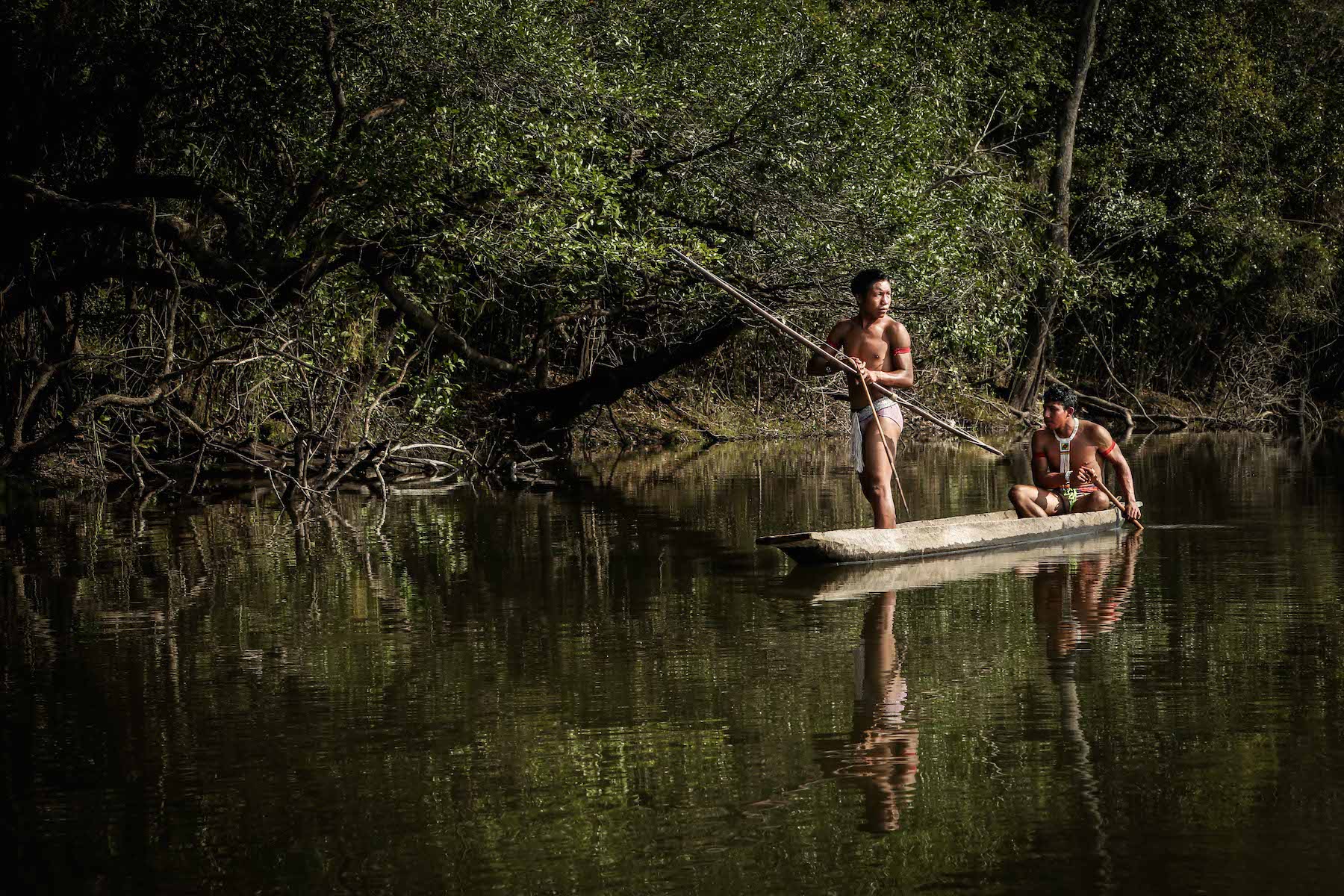This event focuses on the challenges Indigenous Peoples and communities face in acquiring legal rights to their land, the loopholes companies can often take, and ways countries can simplify complex procedures.
Indigenous Peoples and rural communities occupy more than half of the world’s land, but they legally own just 10 percent of land globally. Increasing global demand for natural resources is intensifying competition for land across the developing world, pushing companies onto territories that many Indigenous Peoples and rural communities have sustainably managed for generations.
Communities are now racing to protect their land rights, but there are clear inequities in these procedures. New WRI research finds that across 15 countries in Latin America, Africa, and Asia, rural communities and Indigenous Peoples face steep challenges to formalizing their land rights.
There are significant differences in the barriers that both groups face – disparities that give companies a clear advantage. While communities can wait decades for legal titles that may never come, companies acquire land or begin operations on their territories in as little as 30 days. The resulting conflicts over contested land can last years, displacing communities and creating significant legal and economic risks for companies.
This event draws stakeholders from governments, companies, civil society, and the environmental community to examine the inequities in land acquisition across the world, and identify ways countries can simplify complex procedures.
Speakers
- Peter Veit, Director, Land and Resource Rights, WRI
- Natalie Campbell, Senior Associate, Asia Program, Rights and Resources Initiative
- Christine Halvorson, Program Director, Rainforest Foundation US
About the Series
WRI's Greening Governance Seminar Series bridges the divide between the governance and environmental communities to identify solutions that benefit people and the planet.
- Why do some environmental policies succeed in one country but fail in another?
- What will it take to transform the Paris Agreement’s ambitious commitments into actionable policies?
- How can decision-makers engage a range of stakeholders, from average citizens to Fortune 500 companies, to build support for policies that protect natural resources and the communities that depend on them?
- How can governments sustain this environmental action across election cycles?
Many of the answers to these questions are, at heart, issues of governance.
Increasing public participation in environmental decision-making can deepen civil society’s commitment to climate change mitigation and yield more equitable, effective policies. Enhancing government transparency equips communities with the information that they need to engage in these policy-making processes. Strengthening accountability frameworks helps ensure that governments make progress on their Paris Agreement emissions reduction targets. In short, good governance can improve climate and environmental outcomes.
Yet the governance and climate communities continue to work in silos, conducting research and implementing programs that remain largely divorced from one another.
WRI’s Greening Governance Seminar Series seeks to bridge this divide by bringing together leading experts from both fields to discuss the intersection of their work, the most pressing environmental governance issues at hand, and solutions that benefit people and the planet.


